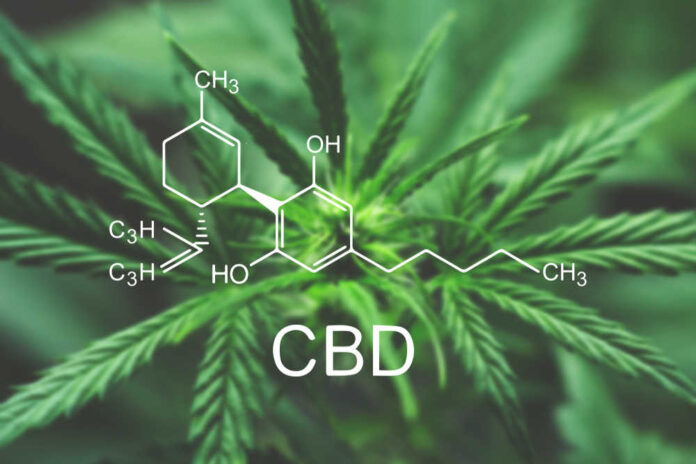
As the legality of cannabis and its derivatives continues to evolve, more and more people are becoming increasingly curious about its potential health benefits.
More specifically, many folks are exploring the possibility that cannabidiol (CBD), a central compound found in cannabis, can help improve their anxiety, stress, and sleep.
But what does the science say? Does CBD help you sleep better, or is it all just hype and marketing?
CBD Has Different Effects Than THC
Cannabis plants contain various phytochemical compounds, including cannabinoids, terpenes, and flavonoids. The two most well-known and researched cannabinoids are:
- tetrahydrocannabinol (THC) – the primary psychoactive component that gets users “high.”
- cannabidiol (CBD) – a less-psychoactive compound commonly associated with the plant’s purported health benefits.
While marijuana smokers will typically be exposed to high levels of both THC and CBD, extracted and synthetic products are available that contain CBD without any THC. This may provide some people with the claimed benefits of cannabis without the associated “high.”
Does CBD Actually Help With Sleep?
Anecdotally, people report that CBD-rich products help them sleep better. However, the latest clinical research studies strongly suggest that CBD offers minimal or no significant benefits for sleep quality compared to a placebo.
In fact, CBD and cannabis use tends to be associated with decreased sleep quality.
There are a few ways CBD may provide some potential benefits, but with some important caveats.
One study found that some patients (approximately two-thirds) did show improved sleep scores within the first month of CBD treatment, but these results fluctuated and diminished significantly with longer use.
Another study found that cannabis use can increase sleep duration, especially in middle-aged and older adults, but this longer sleep did not necessarily translate to higher quality sleep.
Cannabis use does show some promise as a less-harmful substitute for other substances commonly used as sleep aids, like alcohol, opioids, or antidepressants, all of which can have serious side effects and risks.
But overall, there is not enough evidence to suggest that CBD or cannabis are effective treatments for sleep disorders like insomnia, especially when considering withdrawal symptoms, tolerance, and abuse potential.
Other Sleep Quality Help is Available
The cannabis plant is not FDA-approved for medical use. The FDA also states that some companies are marketing cannabis and cannabis-derived products in deceptive ways that risk consumers’ health and safety.
While CBD is generally considered safe for most people, some users do experience mild side effects, addictive use disorders, and withdrawal symptoms.
If you’re struggling with insomnia or other sleep disorders, you can best talk to your doctor. They can help you identify the root cause of your sleep issues and develop an appropriate treatment plan that fits your needs and priorities.
Simple lifestyle changes, like following a regular sleep schedule, avoiding caffeine and alcohol before bedtime, and maintaining a comfortable sleep environment may be much safer and more effective for improving sleep quality than CBD or cannabis products.






















